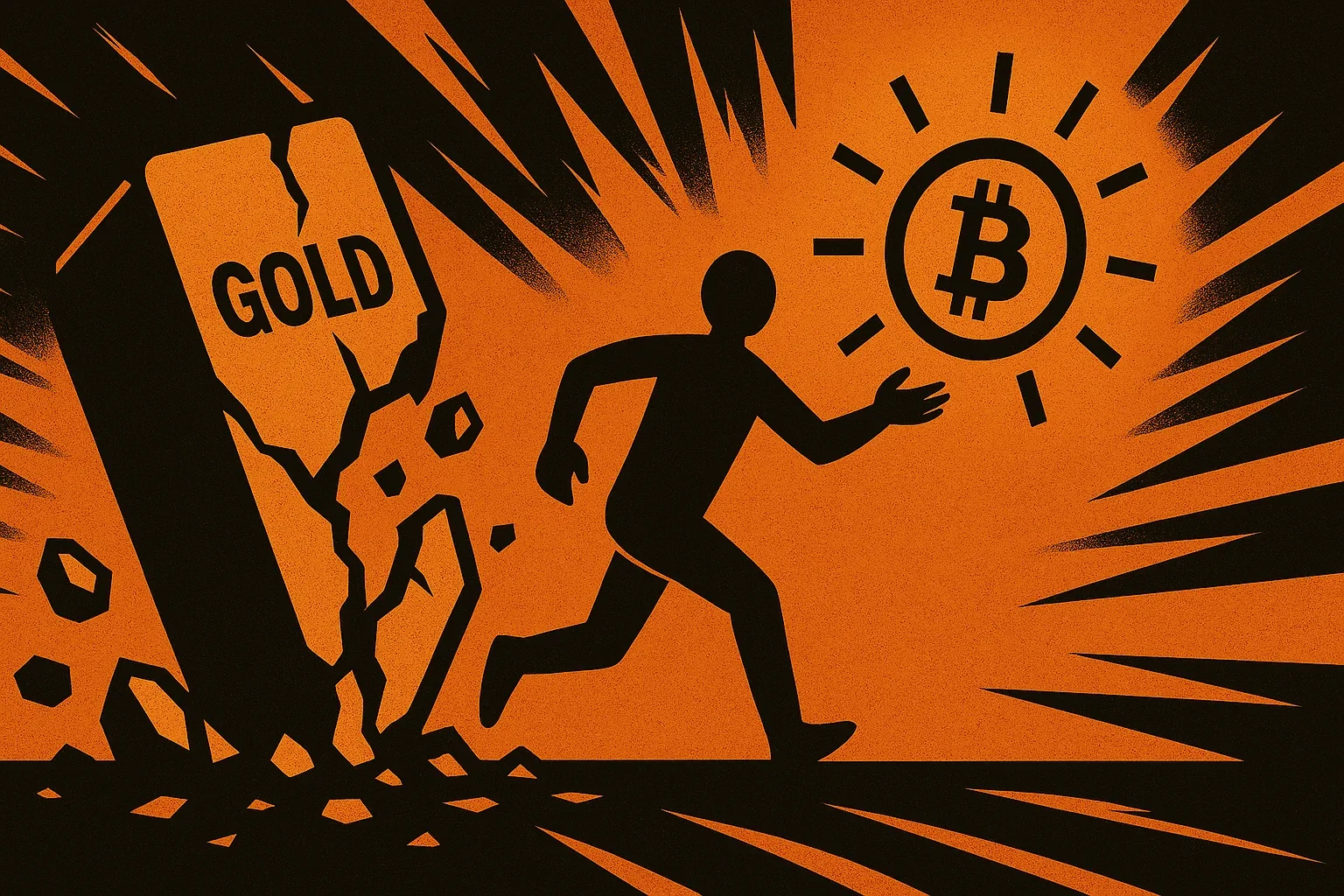In 2025, the question "where do we put our trust?" is no longer just a financial debate, but a global race to define money itself. After a century of gold's monopoly on trust, a new competitor has emerged that is neither visible to the eye nor stored in vaults - cryptocurrencies.
Central bank gold holdings have surpassed 36,000 tons worth $4.5 trillion, while the market value of cryptocurrencies has risen to $4.2 trillion, in an unprecedented balance between physical metal and digital code.
Major countries - such as China, Russia, India and Turkey - increased their gold purchases by 54% by the end of 2024, in anticipation of potential sanctions and financial turmoil. Meanwhile, individuals in countries such as Nigeria, Lebanon and Argentina increased their reliance on cryptocurrencies by 60% annually as a means of escaping inflation and banking restrictions.
The divide is clear:
Countries are buying gold to secure their sovereignty, while people are turning to crypto to protect their savings.
Gold represents "trust from above," while cryptocurrencies represent "trust from below," as they don't need a bank or an intermediary to believe in their value.
While more than 130 countries have official gold reserves, some countries - such as El Salvador, the UAE and Hong Kong - are shifting towards digital assets, as a symbolic move to move the center of trust from institutions to technology.
Financial geography has also changed: London and New York are no longer the centers of financial decision-making, but Dubai, Singapore, and Hong Kong have emerged as new capitals that combine real and digital money.
The world seems to be moving towards a dual system of trust - "gold in the vaults, code in the cloud".
Today, the question is no longer "Who is more expensive?" but "Who is more honest?"
Is trust made in mines... or on blockchains?
To read the full analytical paper, please scroll down. 📖

Comments